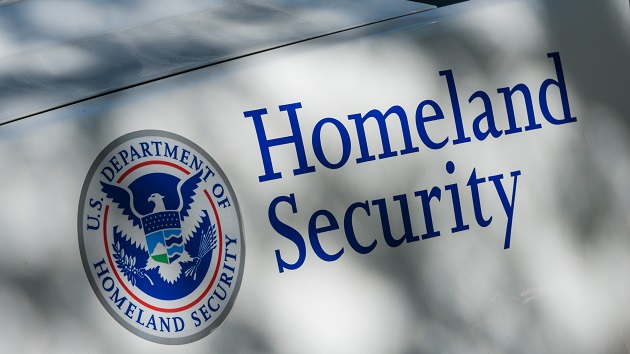
400tmax/iStock
400tmax/iStockBy LUKE BARR, ABC News
(WASHINGTON) — The Office of the Director of National Intelligence, the Department of Justice and the Department on Home Security on Wednesday released a report that outlined a threat assessment of domestic violent extremists, finding that attacks by such persons could be “elevated” this year.
“Newer sociopolitical developments — such as narratives of fraud in the recent general election, the emboldening impact of the violent breach of the U.S. Capitol, conditions related to the COVID-19 pandemic and conspiracy theories promoting violence — will almost certainly spur some DVEs to try to engage in violence this year,” said the report, dated March 1, referring to domestic violent extremists.
The agencies found that DVEs radicalize “independently” and “mobilize without direction from a violent extremist organization, making detection and disruption difficult.” They also found that racially motivated domestic extremists pose the biggest threat in terms of civilian casualties and that militias may pose the biggest threat to law enforcement or government personnel.
Javed Ali, a former senior counterterrorism director on the National Security Council, told ABC News this framework laid out by the intelligence community is important.
“The assessment’s main judgment that the DVE threat will remain elevated in 2021 and beyond shows the near-term danger associated with individuals, groups and movements within the different categories identified in the paper,” Ali, also a former senior FBI and DHS official, said. The assessment also establishes “a consensus framework for categorizing different elements of the DVE threat in the United States, which heretofore had only been individually established by organizations like FBI and DHS.”
Establishing common language to describe potential threats helps “provide more clarity and precision in assessing the threats from the different categories established in this assessment,” Ali added.
Those in the intelligence community have also said they believe domestic violent extremists can pose a threat on social media or even on encrypted chats.
“DVE lone offenders will continue to pose significant detection and disruption challenges because of their capacity for independent radicalization to violence, ability to mobilize discretely, and access to firearms,” according to the report.
Copyright © 2021, ABC Audio. All rights reserved.